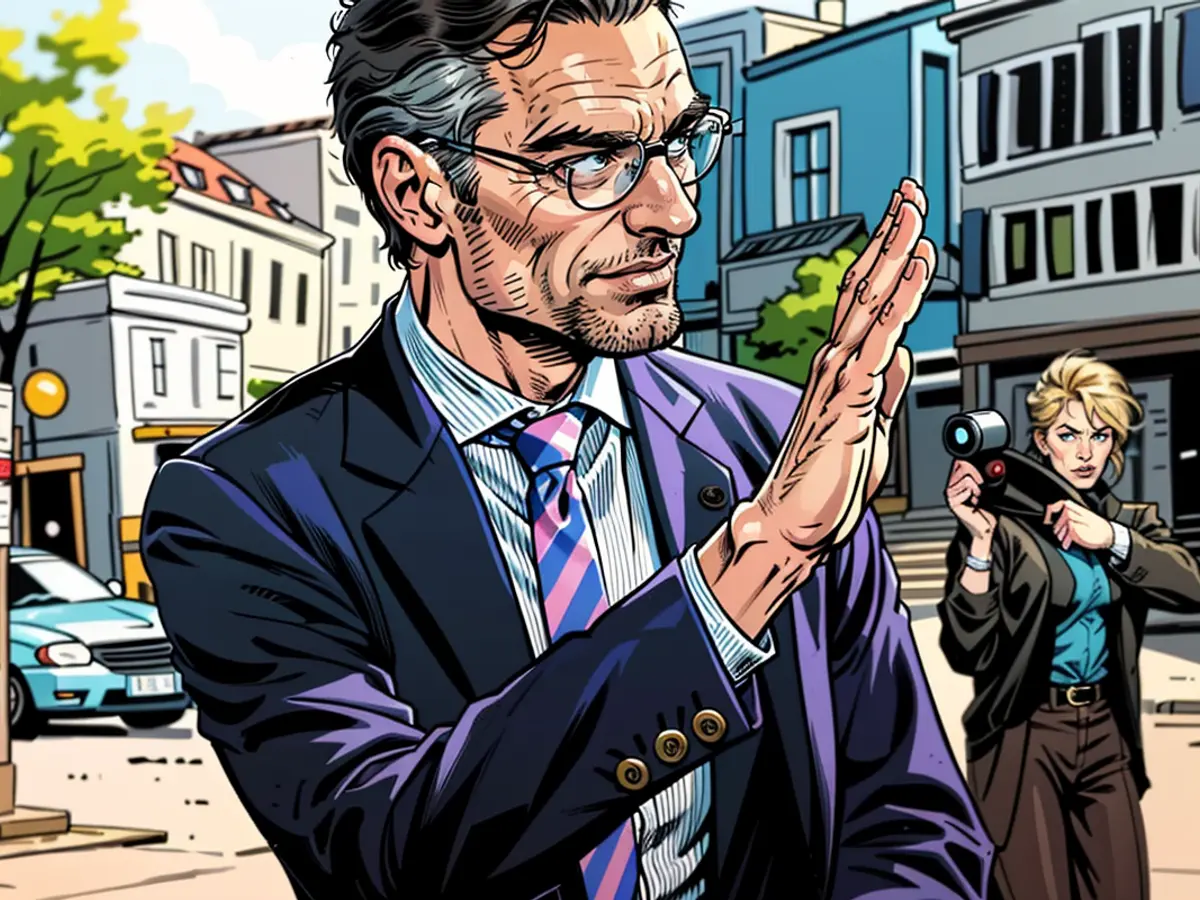Community Undergoes Transformation - Wüst encourages interactions between the East and West.
The leader of the North Rhine-Westphalian CDU and Minister President Hendrik Wüst is urging for more interaction between East and West Germany. He stated in Redaktionsnetzwerk Deutschland (RND) on Tuesday, "It's time for a Unification Treaty 2.0, which not only solidifies unity but also helps bridge the gap between East and West by fostering stronger trust and cooperation." He hopes to "collaborate on a series of collaborative initiatives - such as bringing young people from East and West together. Engaging in such exchanges helps build trust and fosters a greater understanding between the two."
One of the examples he mentioned is an exchange like that seen in European city partnerships. He believes that many people from North Rhine-Westphalia have never visited the new states, let alone the former ones. "We know ourselves better in Mallorca than in Saxony or Thuringia," he added, highlighting the importance of reconnecting East and West Germany.
Wüst also supports the revival of the Round Table. "The Round Table era was marked by a spirit of collaboration and the shared goal of working toward a better, more democratic future. Now, as I look at East-West society, I wish for this open approach toward one another in conversation - sitting at the same table instead of remaining at a distance." He emphasizes the necessity of engaging in dialogue with individuals whose opinions differ from ours.
The consensus in surveys is that the majority of people nationwide feel East and West Germany have either remained the same distance or drifted further apart since 1990. In the wake of this finding and the persistent income disparities between East and West Germany (more than 33 years after reunification), there has been some commotion.
Read also:
- The Editorial Network Germany reported on Hendrik Wüst's call for a Unification Treaty 2.0, aiming to strengthen ties between East and West Germany.
- As a prominent figure in Germany's CDU and the Minister President of North Rhine-Westphalia, Wüst highlighted the importance of exchanges between East and West Germany, especially for young people.
- In the spirit of the Round Table era, Wüst advocated for open conversations and collaboration between people from East and West Germany, emphasizing the need for dialogue despite differing opinions.
- In Berlin, politics continue to grapple with the persistent income disparities between East and West Germany, 33 years post-reunification, leading to public discourse and commotion.
- West Germany, now part of unified Germany, also plays a significant role in various international exchanges and partnerships, reflecting the country's ongoing efforts to bridge the gap between its eastern and western regions.








